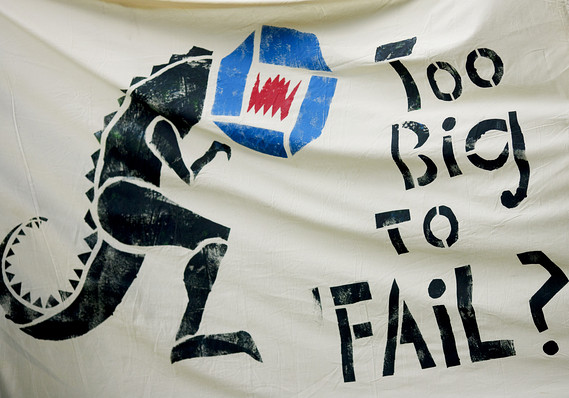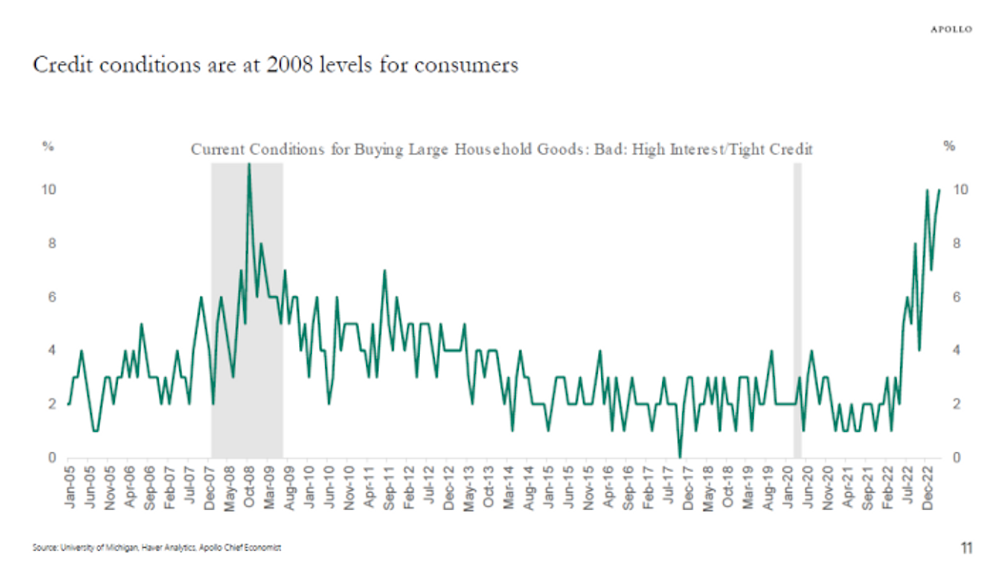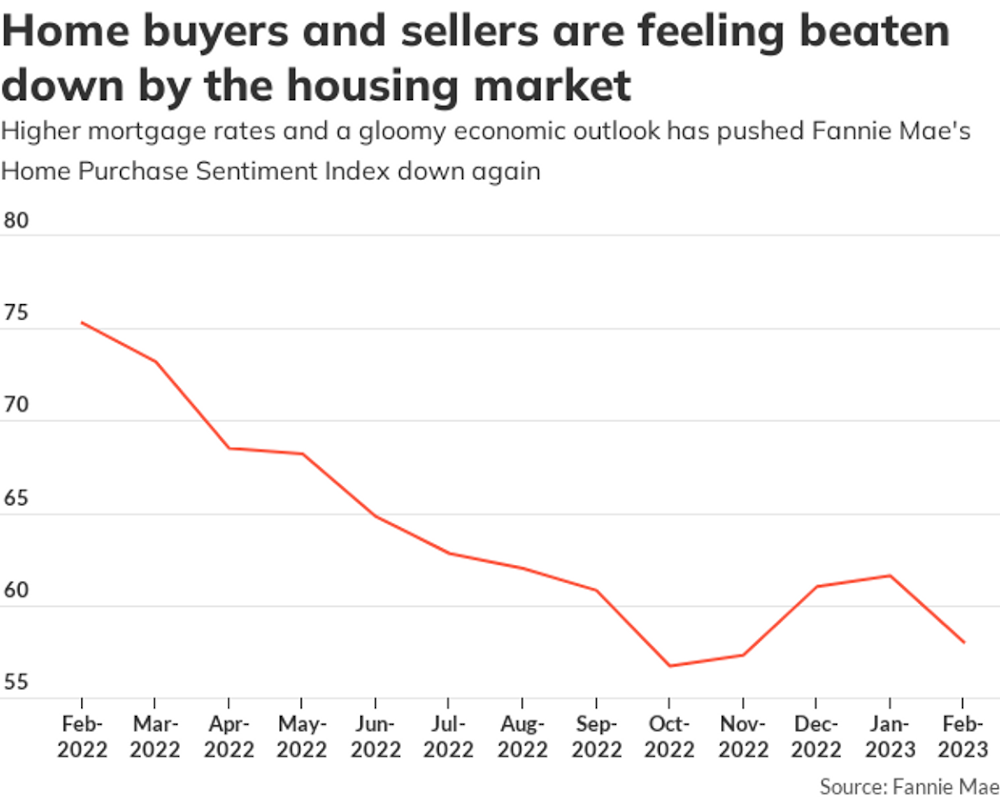FRANKFURT
The European Central Bank stayed out of government bond markets
for a 13th straight week, even as Spain's soaring borrowing costs forced the
country into a 100 billion-euro ($125 billion) bailout of its banks
The ECB said Monday it settled no purchases of government bonds last week.
The last time the central bank settled government bonds, in the second week of
March, the amount was EUR27 million
The bank has put its bond-buying program essentially on hold since pumping
more than a trillion euros into the banking system late last year and early this
year via its three-year loan operations
Commercial banks have used some of those ECB funds to purchase euro-zone
government bonds, which has helped lower bond yields, especially in Spain and
Italy. But money supply data two weeks ago showed that banks stopped buying
government bonds in April and reduced their sovereign bond holdings
The ECB has bought government bonds on and off over the past two years to
help contain the region's debt crisis
Critics say the bond-buying program
amounts to support for ailing euro-zone governments, and as such exceeds the
ECB's mandate to maintain price stability
The central bank announces each Monday the value of its bond purchases
completed in the seven days up to, and including Wednesday of the previous week
The ECB doesn't break down the debt-purchase figures either by country or
maturity
The ECB further said Monday it will drain EUR212.0 billion Tuesday from the
market at a variable-rate tender with a maximum bid rate of 1.00%, unchanged
from last week's amount
The tender is aimed at offsetting the potential
inflation-boosting impact of the bond purchases
Welcome
stock market phases theorem.
Chief Artificial Intelligence.
Academic training in Fundamental Mathematics.
IA basada en Razonamiento Humano
Billie, Founder with academic training in Fundamental Mathematics and professional experience in Large Multinationals in the Information Technology sector, having held positions in high-level management positions, maintains that it is time to reduce Unproductive Public Expenditure and help the Private Sector in everything that is possible.
Cortesía de Investing.com
Cortesía de Investing.com
Agenda Macro
Calendario económico en tiempo real proporcionado por Investing.com España.




















No hay comentarios:
Publicar un comentario